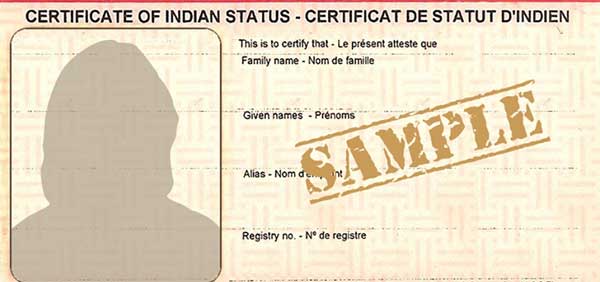 Sen. Lynn Beyak was finally expelled from the Conservative Party caucus because “she allowed” racist posts to be placed on her website. More significantly, she refused to remove the offending material when ordered to do so by the Conservative leader.
Sen. Lynn Beyak was finally expelled from the Conservative Party caucus because “she allowed” racist posts to be placed on her website. More significantly, she refused to remove the offending material when ordered to do so by the Conservative leader.
I’m one of the people with an email message posted on her website.
In the offending email, I wrote: “some good came from residential schools.”
Despite being told by mainstream media, including the CBC, how I should view the history of Canada’s residential schools, I’m not alone in believing that there were some good experiences among the bad in the residential schools for Indigenous Canadians that existed from 1836 to 1996.
The Assiniboia Residential School in Winnipeg’s Tuxedo neighbourhood closed in 1973. This school was well known for its exceptionally good hockey team. Eight members of the team would become well-respected chiefs in their home communities. Was this a coincidence, or did those men receive a valuable education and develop the confidence to become leaders because of their residential school experience?
Tomson Highway believes there are good stories among the bad stories that also need to be recognized. Highway is Canada’s best-known Indigenous playwright and novelist. He was born in a dogsled and grew up in the remote Barren Lands First Nation in northern Manitoba. Highway has written a number of books and plays about residential school experience.
Here’s what he told the Huffington Post (reported on Dec. 15, 2015) about his residential school experience:
“All we hear is the negative stuff, nobody’s interested in the positive, the joy in that school. Some of the happiest years of my life I spent at that school. You may have heard stories from 7,000 witnesses in the process that were negative. But what you haven’t heard are the 7,000 reports that were positive stories. There are many very successful people today that went to those schools and have brilliant careers and are very functional people, very happy people like myself. I have a thriving international career, and it wouldn’t have happened without that school. You have to remember that I came from the far north, and there were no schools up there.”
Another example of a successful alumnus of residential schools is Phil Fontaine. Fontaine shared his own tragic sexual abuse story and victimization at school. But he still has no trouble acknowledging that both good and bad came from the residential school experience, including his own experiences. Fontaine told the Winnipeg Free Press (April 28, 2017):
“I don’t have a problem separating the good from the bad. The story that’s emerged [from residential schools] hasn’t been the most positive. In fact, it describes a pretty tragic part of Canadian history. But there’s no doubt … in fact, it defies logic that there weren’t good people at these schools who actually cared about the kids. And there were some aspects of the residential school experience that were positive.”
Obviously, some people received some benefit from their residential school experience. While the sexual abuse that some children faced in residential schools is inexcusable, it’s equally inexcusable to mislead the public into believing that there were no positive experiences to be reported. For the sake of the truth, these good experiences must be recognized.
If anyone labels me as a racist, then they must label these eminent Indigenous leaders as racists.
I also said on Beyak’s site that “Status cards have no place in a modern country like Canada.”
The idea of a card defining a person’s racial status is based on the evil notion of racial purity. In order to prove status, you must show that you are racially pure enough to qualify or you must marry someone who is racially pure.
Racial status cards harken back to darker days in South Africa, where people were required to carry status cards indicating that they were white, coloured or black. Each status contained a set of rights.
In India, during the caste years, there many categories of people with differing rights.
And darkest of all was Adolf Hitler’s Germany, where a yellow star on the chest was the status card for Jews.
Because of this history, status cards have no place in a modern country like Canada – period!
But allowing people like Beyak to question and explore both the good and the bad of a trending orthodox on residential schools earns the status of a racist. If this is what we’re doing, our society is in serious trouble.
Brian Giesbrecht is a retired judge and a senior fellow at the Frontier Centre for Public Policy.
The views, opinions and positions expressed by columnists and contributors are the author’s alone. They do not inherently or expressly reflect the views, opinions and/or positions of our publication.

